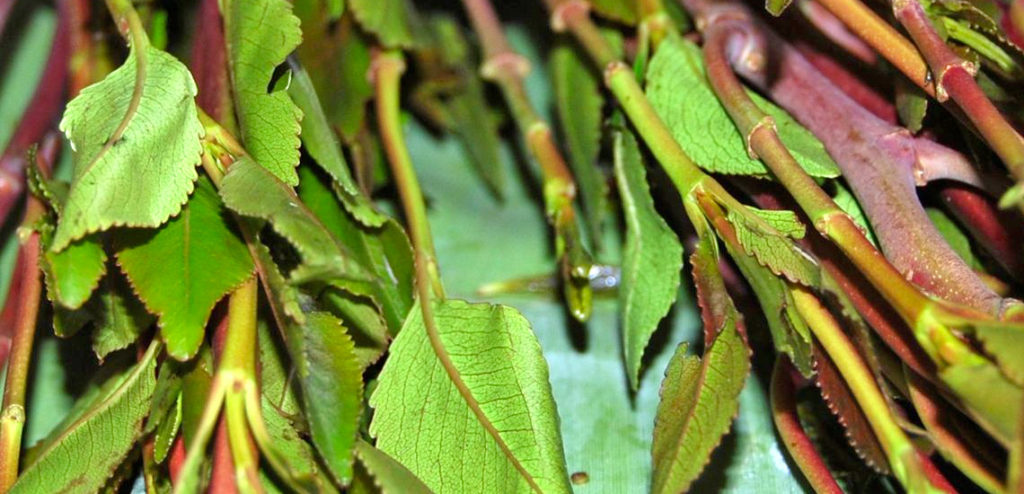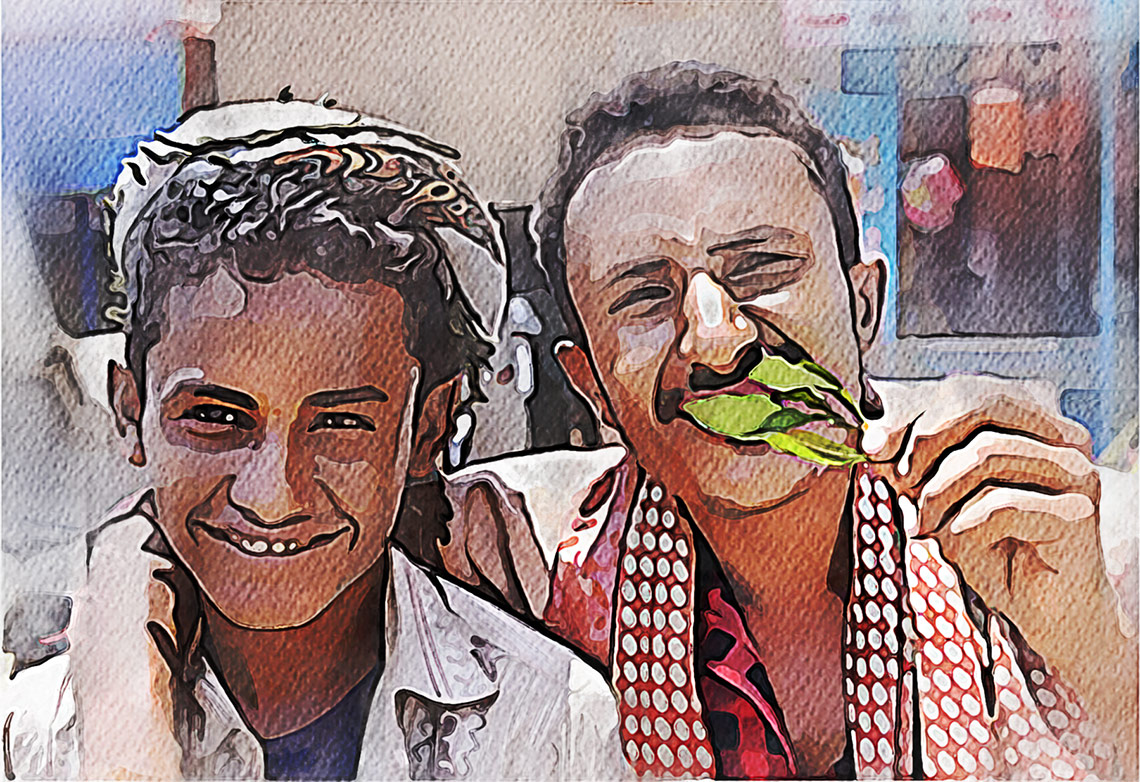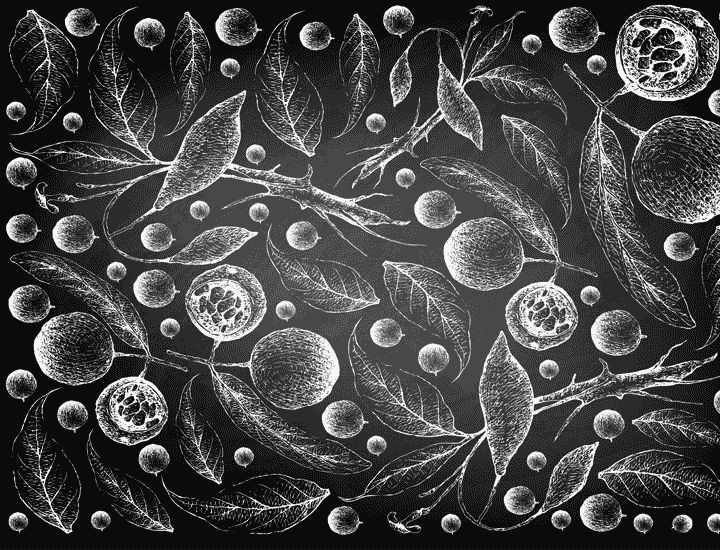OK, let’s talk about ‘Khat’ chewing
Khat, also known as kat is a plant, with green leaves that can be chewed. The chewing of this drug is particularly increased in some parts of the world and various studies have tried to investigate the effects of khat on our health. The World Health Organization has characterized khat as a drug of abuse. So, what exactly is khat, where is it popular enough and how much can it affect our brain and body?
A brief overview of Khat
The leaves of the plant Catha edulis, when chewed, can stimulate both our body and mind. Cathinone, an important alkaloid contained in sufficient quantities in Khat has been widely used in the past by various communities from all over the world, due to its stimulant abilities. Khat, also known as Chat, Quaadka, and Miraa is legal in some countries, but most countries consider its main compound, named cathinone similar to cocaine and therefore the plant is illegal in most parts of the world.
Its leaves are green when freshly cut, but after a while, they develop a yellow color. Since the active compounds of this plant normally break quickly as they dry out, Khat is commonly consumed when it is still fresh.
Demographics
Khat is grown particularly in local communities in Africa and Asia. Those regions’ traditions have used Khat for its unique properties back in time and their inhabitants are still fanciful concerning its stimulant properties. It is estimated that about 5-10 millions of people chew Khat daily all over the world. Yemen is one of the most dedicated countries in terms of Khat chewing. Men, in particular, chew Khat on a daily basis at a percentage that can reach 90% of the country’s population. On the contrary, only 30% of women chew Khat. Studies have shown that Yemenis spend about 17% of their income getting some quality Khat.
The whole chewing process of Khat is national business among Somali, and Ethiopian cultures, as well. Moreover, people in Africa and the Arabian Peninsula, along with those who have emigrated from those two regions to other countries are typically frequent users of Khat.

How does Khat affect the brain and body?
Although Khat is not considered a highly addictive drug, compared to substances like cocaine, it is true that its consumption is followed by serious psychological effects. At first, you may feel happy and relaxed, but the whole euphoria feeling will soon turn into depression and possibly psychosis. Cathine and cathinone are the two major compounds in Khat that can make a person feel high. How can those two compounds affect our brains? By increasing the levels of a specific neurotransmitter, named dopamine. Dopamine is known for its ability to make us feel good, relaxed, and alert.
Former users of Khat have described the effects of that plant as being mainly stimulant and well-appreciated. Khat has the ability to make you feel secure and care-free, optimistic, and self-aware. Increased self-esteem and a general feeling of personal accomplishment are also, often associated with Khat.
Side effects
On the body, Khat can affect various functions and cause a series of health issues if consumed regularly. Both the heart rate and blood pressure of the user can increase considerably and the plant can also, affect your digestive tract and stomach. Weight loss, dental diseases, and tooth decay, along with constipation, impotence, and pain can also, appear in some users. Overall, the effects of Khat will normally last from about 90 minutes up to 3 hours. Once the drug wears off, users may turn anxious and have trouble sleeping. Depression is another common symptom that unfortunately makes its appearance if you suddenly choose to stop chewing Khat.
Summery
It is true that the consumption of Khat has increased a lot throughout the last years. Although the drug is illegal in most countries, it has a cultural significance and history that makes people from certain parts of the world continue to consume it on a regular, even daily basis. However, we should all have in mind that Khat may be a somewhat mild stimulant, but it can still greatly affect both our body and brain. The long-term consequences of consuming this drug should also, be taken into serious account since they are associated with severe changes in the user’s mood, along with psychotic or depressive situations.



